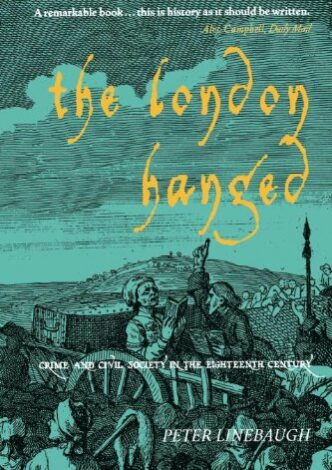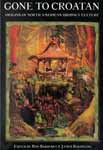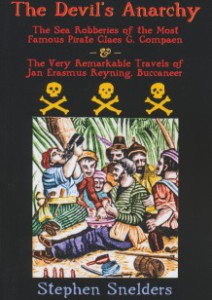The Black Jacobins
Toussaint L'Ouverture and the San Domingo Revolution
By C.L.R. James
The history of the successful slave revolt on Haiti at the end of the 18th century. Find out how the rebellious slaves won their revolution against the French and then fought off the Spanish and the British who tried to grab the island. Brilliant section on the real reasons the British decided to abolish slavery. (BRHG)









